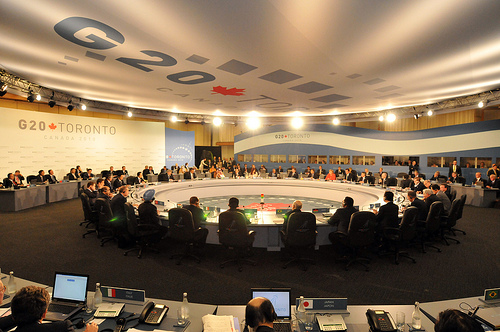
This Expert Commentary was published by the Elcano Royal Institute on 11 July 2016. It also appeared in the discussion paper “EU-China Relations: New Directions, New Priorities” by Friends of Europe.
China’s re-emergence over the last few decades coincides chronologically with the process of diversification in Latin America’s pattern of international insertion. We have witnessed Beijing grow from a marginal factor in Latin America, to become a key player in shaping the evolution of countries in the region and their process of regional integration. Deepening relations with non-traditional partners has opened a more pluralistic scenario for Latin American countries, extending the range of their international cooperation options in all spheres.
The economic dimension of Chinese-Latin American relations has blossomed in the areas of trade and finance. Beijing has become the second largest trade partner and the main source of international public finance for Latin America. With that being said, the economic development of some Latin American countries is so dependent on the performance of the Chinese economy that a fall of one percentage point in the growth rate of Chinese GDP would reduce Latin American growth by 0.6%, according to the World Bank. Therefore, it is particularly relevant to analyse whether engagement with China is healthy for the economic development of Latin America or not.



